Four years ago Matthew Loudon received news which would change his life forever.
The 22-year-old from Fife discovered there was a history of Huntington’s disease in his family.
And the Kinglassie bus driver was preparing to take the test to find out if he carried the faulty gene.
“My grandad had Huntington’s disease and he passed it on to my dad,” he explains.
“I only became aware of the disease four years ago.
“My family held off telling me until I was 18 and you have to be 18 to go through the testing process.
“Once you sign up to be tested you have to do three months of therapy first.
“That is to make sure you are ready for the answer.”
Matthew is now opening up about the impact the diagnosis had on him and how he is coming to terms with it.
And this weekend the former Auchmuty High pupil is taking part in the Glasgow Kiltwalk 2025 to raise awareness of Huntington’s disease and how it affects families.
What is Huntington’s disease?
Huntington’s disease is caused by an inherited faulty gene that damages the brain over time.
People with the disease can eventually lose the ability to walk, talk, eat, drink and care for themselves, requiring specialist support.
The disease is genetic, meaning it is passed down from one generation to the next.
Anyone with a parent who has Huntington’s has a 50% risk of inheriting the condition from them.
Symptoms usually begin to develop between the ages of 30 and 50 and gradually get worse over time.
But each case of Huntington’s is unique and can vary dramatically both in terms of age of onset, speed of advance and range of symptoms.
There are currently around 800 people in Scotland living with the symptoms of Huntington’s disease.
And a further 3,200 are estimated to be at risk of developing the condition as a result of inheriting the faulty gene.
Why did Matthew decide to take the test?
Matthew reveals why he decided to take the test for Huntington’s disease.
“I just knew in my head that if I didn’t have the test, I would just assume I had it,” he says.
“So I wanted to know the answer.
“I did three months of therapy first – which was done online – and then I went to the Western General Hospital in Edinburgh to have the blood test done.
“Then I went back to the hospital in person to get the result.
“My mum, flat-mate Tyler and friend Josh came with me.
“I remember being asked in the hospital how my life was going to change if I got a positive result.
“And I said: ‘well most people go travelling in their later years which I won’t be able to do.
‘So I guess I will just do it sooner.’
“I was then told the result was positive for Huntington’s disease and I went numb.”
Matthew then began processing the difficult news.
“I began to realise that being sad about it wasn’t going to change it,” he says.
“But probably the biggest annoyance was that when I did find out I had Huntington’s disease I was in the middle of applying for the navy.”
Matthew had studied electrical engineering at Fife College and had been looking at applying to work in the Royal Navy as an engineer.
“But as soon as I got the positive diagnosis that was ruled out.”
Having yearly check-ups
After learning a career in the navy wouldn’t be possible, Matthew then started looking for jobs.
Initially he worked as a self-employed driver for Amazon before applying to become a bus driver with Stagecoach in Glenrothes.
He has now been working for the company for over a year.
And it is a job he enjoys – despite having to renew his licence every 12 months as a result of his diagnosis.
After learning he has the condition, Matthew also takes part in an Enroll-HD study for Huntington’s.
“I go for yearly check-ups at Whyteman’s Brae Hospital in Kirkcaldy. They do cognitive and motor skills testing to see if there are any changes.
“I am now past the curve of getting symptoms as a juvenile so it probably won’t be an issue until later on in my life.”
How Huntington’s disease has affected Matthew’s family
Matthew recalls his grandad having Huntington’s disease.
“My grandad managed to live on his own until he was around 80,” Matthew explains.
“Then he went into specialised care before he died a few years ago,” he explains.
“When I was told about Huntington’s when I was 18 my grandad was already in the late stages of the disease.
“But by that point he was no longer himself and his memory was gone.”
Matthew says his dad is currently in his mid-50s and hasn’t shown any symptoms as yet.
“I also have an older brother,” Matthew adds.
“But he has decided not to get tested for Huntington’s disease.”
What has been the impact of the diagnosis on Matthew?
After seeing how the disease affected his grandad, Matthew is very aware of what he could be facing in the future.
But he says he is determined not to spend the rest of his life worrying about it.
“Worrying about it is not going to change it,” he says.
“I am just going to live my life. I have already been travelling – I have been on holidays to Switzerland, Tunisia, Italy, Morocco.
“In fact I am going to Morocco again in July.
“I want to do these things now before I start losing my functions rather than leaving them until later on.”
Matthew has also been grateful for the support of his family – particularly mum Karina – along with his girlfriend Dailah.
“I told Dailah that I had Huntington’s early on in our relationship because it would have been disingenuous not to.”
Dailah adds: “It didn’t phase me. It is what it is and as Matthew says there is no point in dwelling on it.
“There have been times where I have been teary because it is upsetting but I think you just have to live in the moment.”
Raising awareness of Huntington’s disease
As well as prioritising travel since his diagnosis, Matthew is also passionate about raising awareness about Huntington’s disease.
And this is why he has decided to take part in the Glasgow Kiltwalk on Sunday, April 27 to raise money for the Scottish Huntington’s Association.
Matthew is doing ‘The Mighty Stride’ which is 22.6 miles.
It starts at Glasgow Green and finishes at Loch Lomond.
“I am doing it mainly to raise awareness because every time I tell someone about Huntington’s they say what’s that?
“But I am also fundraising for Scottish Huntington’s Association because it is the only charity dedicated to supporting families affected by the disease.
“I have collected £989 so far and just want to raise as much as I can.”
As well as donations, Matthew has also received funding support from Stagecoach East Scotland and Hub 71 in Glenrothes.
Scottish Huntington’s Association chief executive Alistair Haw has praised Matthew for his support.
“We are hugely grateful to Matthew for getting involved and doing what he can to help make sure that families locally and throughout Scotland have access to the specialist services they need to cope with this hugely complex, widely misunderstood and extremely difficult to manage condition.”
He adds: “We thank him, his family, and his friends for their tremendous generosity and support for our extremely important cause.”
Anyone wanting to support Matthew’s fundraiser can make a donation.
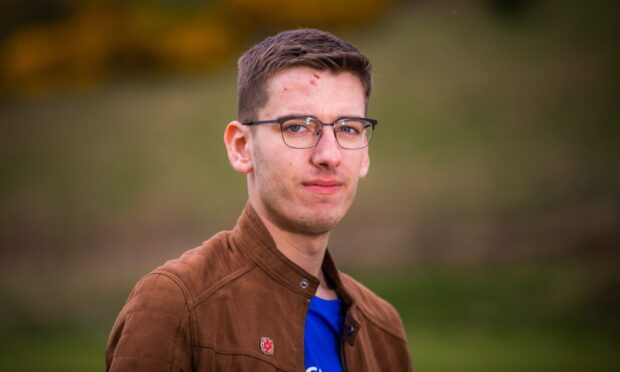
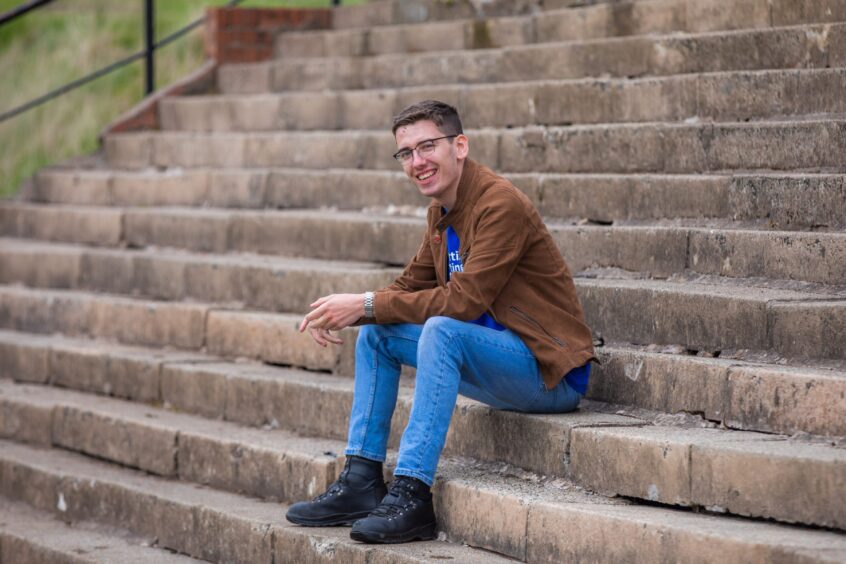
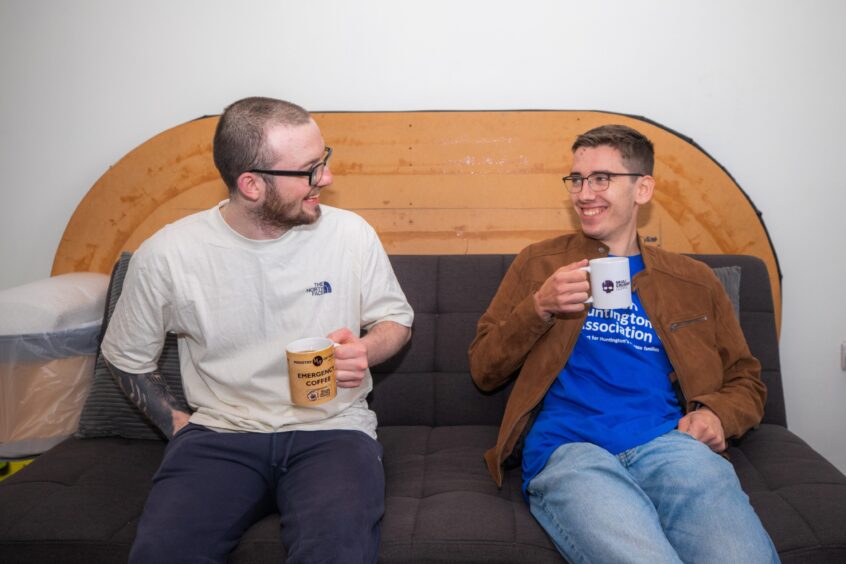
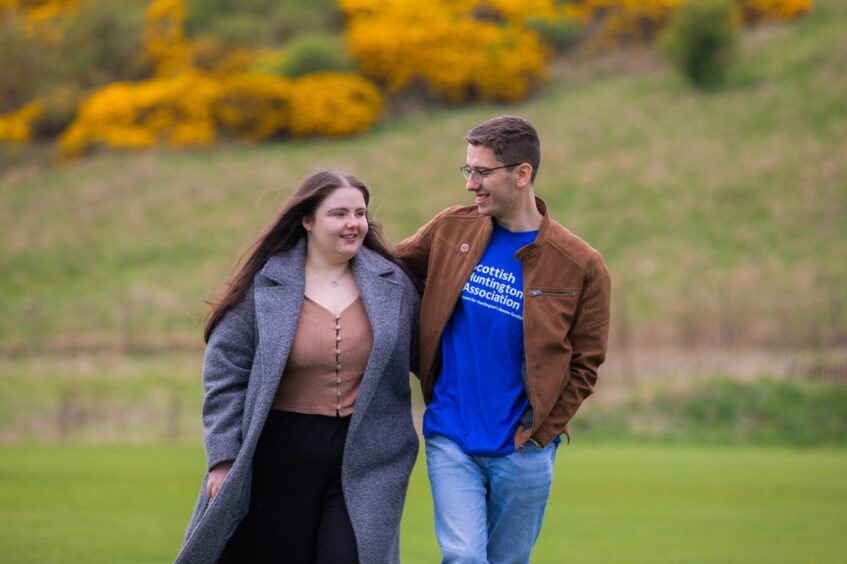
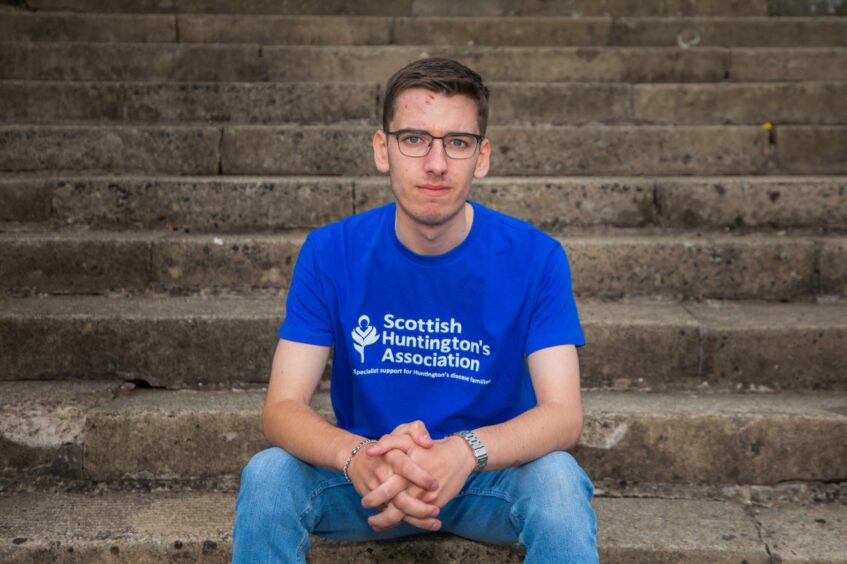

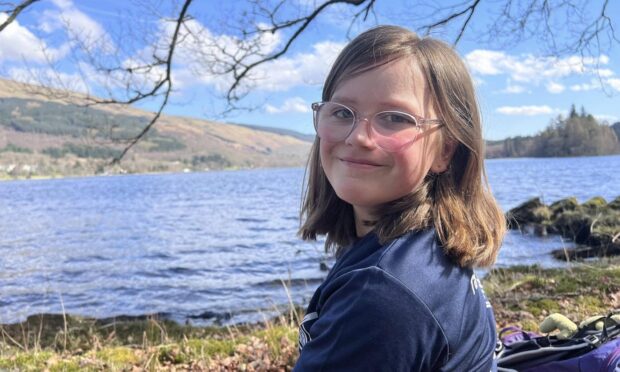
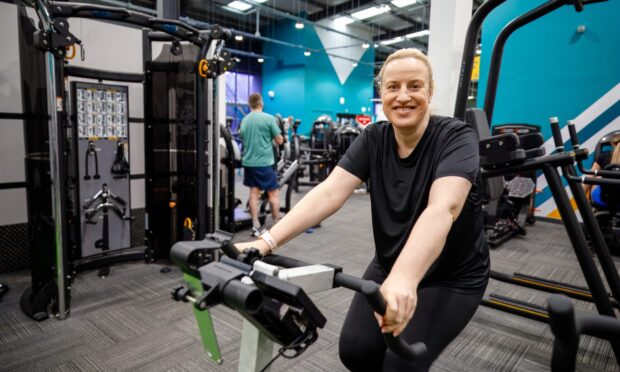

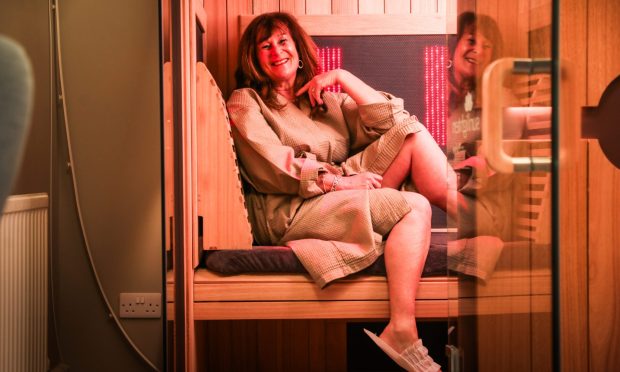


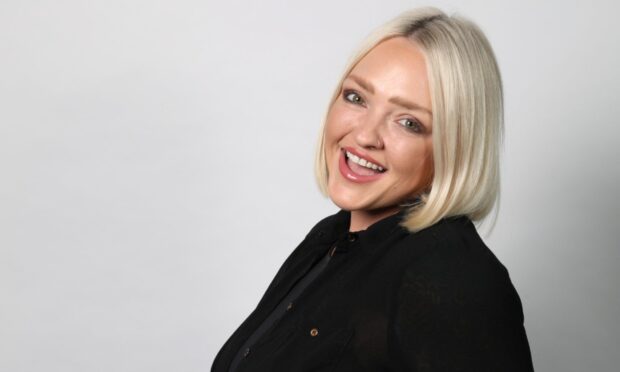


Conversation